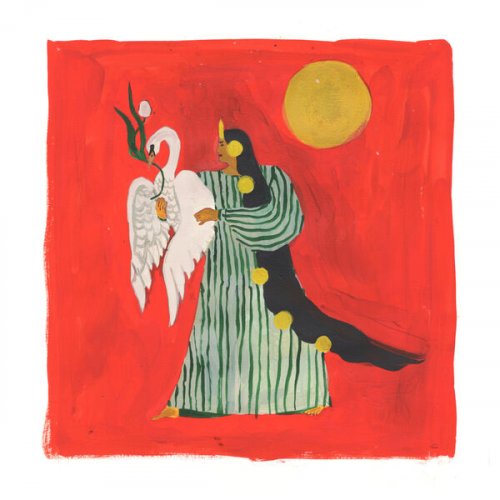Jacob Young - Forever Young (2014)
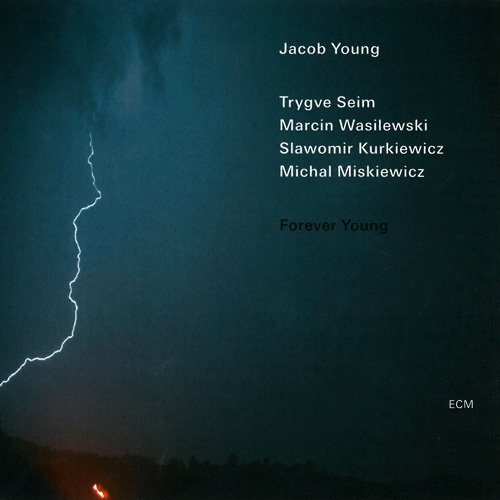
Artist: Jacob Young
Title: Forever Young
Year Of Release: 2014
Label: ECM Records
Genre: Contemporary Jazz
Quality: FLAC (tracks + .cue, log, artwork)
Total Time: 01:13:29
Total Size: 391 MB
WebSite: Album Preview
Tracklist:Title: Forever Young
Year Of Release: 2014
Label: ECM Records
Genre: Contemporary Jazz
Quality: FLAC (tracks + .cue, log, artwork)
Total Time: 01:13:29
Total Size: 391 MB
WebSite: Album Preview
01. I Lost My Heart To You [08:31]
02. Therese's Gate [06:47]
03. Bounce [07:48]
04. We Were Dancing [05:55]
05. Sofia's Dance [07:35]
06. Comeback Girl [07:04]
07. 1970 [06:37]
08. Beauty [06:15]
09. Time Changes [09:34]
10. My Brother [07:43]
Personnel:
Jacob Young: guitars;
Trygve Seim: tenor and soprano saxophones;
Marcin Wasilewski: piano;
Slawomir Kurkiewicz: double bass;
Michal Miskiewicz: drums.
On his third date as a leader for ECM, Norwegian guitarist Jacob Young debuts an entirely new international quintet. His sidemen are saxophonist Trygve Seim, and pianist Marcin Wasilewski's trio featuring bassist Slamowir Kurkiewicz and drummer Michael Miskiewicz. Forever Young is more "song" oriented than either of his preceding albums. It's warm, spacious, rhythmically fluid, and deeply lyrical as evidenced by "Bounce," which moves along like a latter-era Roxy Music tune. But that melodicism isn't all pop-inflected. Opener "I Lost My Heart to You," introduced by the pianist, opens tentatively and tenderly and unfolds like a Brazilian folk song. Seim's articulation of the melody reveals its emotional resonance. Young plays a nylon-string guitar. His solo is free of angles; it offers tasteful arpeggios, accenting the changes as he plays into them. "Therese's Gate" is also touched by Brazil, but more by bossa, though its rhythmic signature is more elliptical. The interplay between Wasilewski, Young, and Seim is elegant, and full of ideas. "Sophia's Dance" features a wrangling acoustic guitar solo and Miskiewicz's rolling tom snare that evoke a tabla. The fat, electric guitar chords in "1970" recall early Wes Montgomery, but Young and Wasilewski unpack it into something more modern, sleek, and global with hints of Indian and Latin jazz. "Beauty" has an open country feel, with shimmering, strummed acoustic chords which frame Wasilewski's middle-register arpeggios in a breezy melody. Seim's insistent solo moves it toward the margins as Kurkiewicz's surging bassline urges him on. "Time Changes" is literal -- at least rhythmically -- it also swings through the head and bridge -- even when it engages a classic rock chord progression as one of its themes. Young's playing throughout offers great technical facility, but he is a democratic bandleader, never showy. Forever Young stands out in his catalog because it reveals an almost immeasurable growth in his compositional skills since 2007. These tunes inspire this fine band; they play as if they'd been playing them for ages. -- Thom Jurek
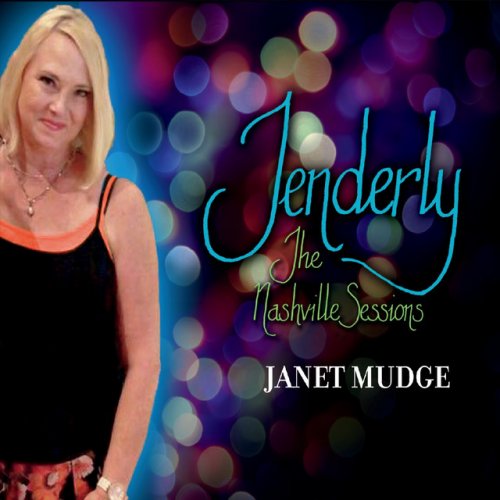
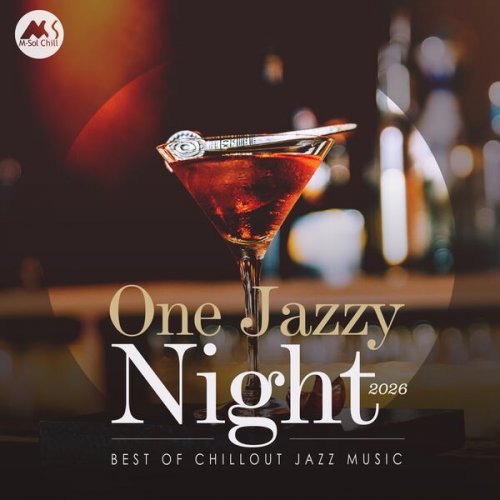
![Dino Siani - Mosaico Barocco (2026) [Hi-Res] Dino Siani - Mosaico Barocco (2026) [Hi-Res]](https://img.israbox.com/img/2026-02/20/56itjdvowkeoaf6sr37eyqjai.jpg)
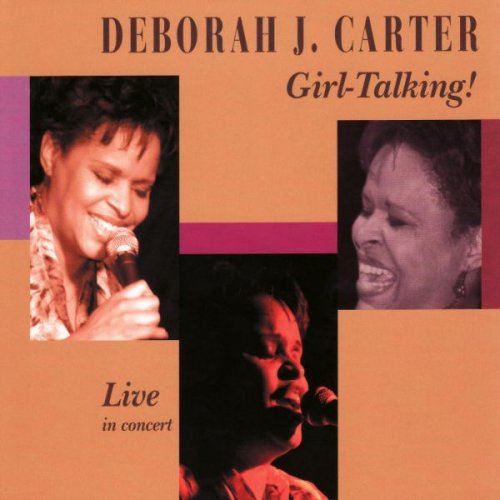
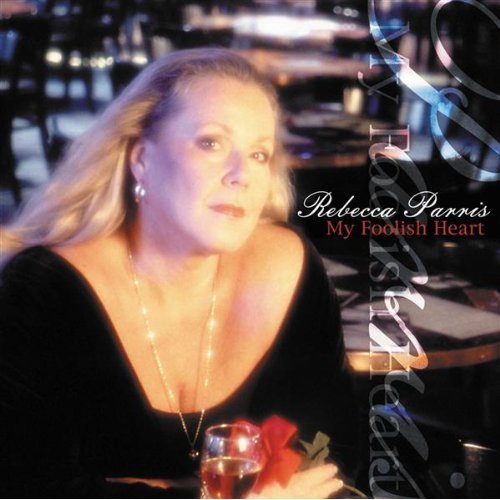
![Joe Pass - Virtuoso (1974) [2025 DSD256] Joe Pass - Virtuoso (1974) [2025 DSD256]](https://www.dibpic.com/uploads/posts/2026-02/1771609997_ff.jpg)
![William Ackerman - Past Light (1983) [1997 Japanese Edition] William Ackerman - Past Light (1983) [1997 Japanese Edition]](https://www.dibpic.com/uploads/posts/2026-02/1771702726_001.jpg)
![Matt Monro - Matt Sings Monro (Live at the BBC, Remastered 2023) [Hi-Res] Matt Monro - Matt Sings Monro (Live at the BBC, Remastered 2023) [Hi-Res]](https://www.dibpic.com/uploads/posts/2026-02/1771586614_k3yj19donljhc_600.jpg)
